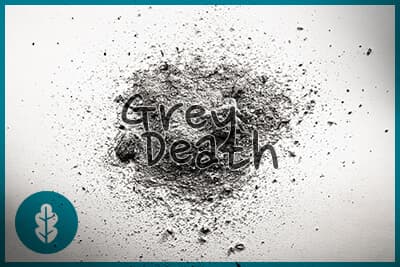‘Gray Death’ Strikes Florida: What You Need to Know

Opioid Epidemic
In South Florida, the struggle with opiate addiction is real. It has struck and continues to ruin the lives of thousands of people, destroying families and creating ongoing emotional, mental, and physical harm to the people who are living with the addiction and their loved ones as well. It is a serious enough issue that Democrats urged Governor Rick Scott to declare the opioid epidemic in Florida a public health emergency, and he did.
The good news is that this declaration means that the state of Florida will be able to collect more than $54 million from the US Department of Health and Human Services to increase access to treatment, improve prevention efforts, and provide other much needed services to families in crisis.
Is There Hope?
It is a positive thing that there is a great deal of information-sharing about the nature of opiate addiction and the state of the epidemic in the streets. This information serves to create positive change and increase awareness of the risks associated with use of these substances. For example, law enforcement will now be given protective gear when dealing with potential opiate overdose cases and when patting down subjects in order to decrease the likelihood of skin contact with deadly substances that can trigger a fatal overdose.
Similarly, first responders have increased access to naloxone, a drug that can reverse an opiate overdose and save someone’s life, as do families and friends who would like to keep the drug on hand in the event that the worst happens.
Research funds dedicated to further exploration of how best to treat overdose and addiction as well as continued investigation into the new substances that appear at random on Florida streets will help us to protect people’s lives. The quicker we identify a threat, the more effectively we can mobilize a solution and, along the way, increase awareness of the issue to minimize the harmful impact.
Without state and federal funds for these purposes, we will lose our ability to make steady and directed progress in managing the issue and getting it under control as quickly as possible with the goal of saving lives.
Is Your Family in Crisis?
If your loved one is struggling with an opiate addiction, it’s time to help them connect with treatment services. Every single day spent in active addiction is a day that could end in drug overdose, accident under the influence, other medical emergency, or arrest. There is too much at stake to hope that this is a problem that will just go away on its own. The evidence shows that when people are living with both a physical and psychological dependency – the defining characteristics of addiction – it is not possible for them to simply stop by force of will alone. Rather, ongoing use of drugs like heroin and fentanyl creates considerable changes in the function of the brain, altering behavior and mental focus. To undo these changes, it takes time, persistent care and support, and the professional guidance and care of substance abuse treatment experts.
Though each person is different and will require different types and styles of intervention, in general, it is important to find an addiction treatment program that can offer your loved one:
- A uniquely tailored treatment plan based on a comprehensive evaluation and assessment
- Regular assessments that allow for updates and changes to treatment goals as needed
- A range of traditional treatments and therapies (e.g., personal therapy, family therapy, support groups, and more)
- Holistic treatment options (e.g., yoga, acupuncture, meditation, and others)
- Long-term support and care after leaving treatment
What does your loved one need to begin the process of overcoming opiate addiction? Is today the day you help them take the first step toward recovery?